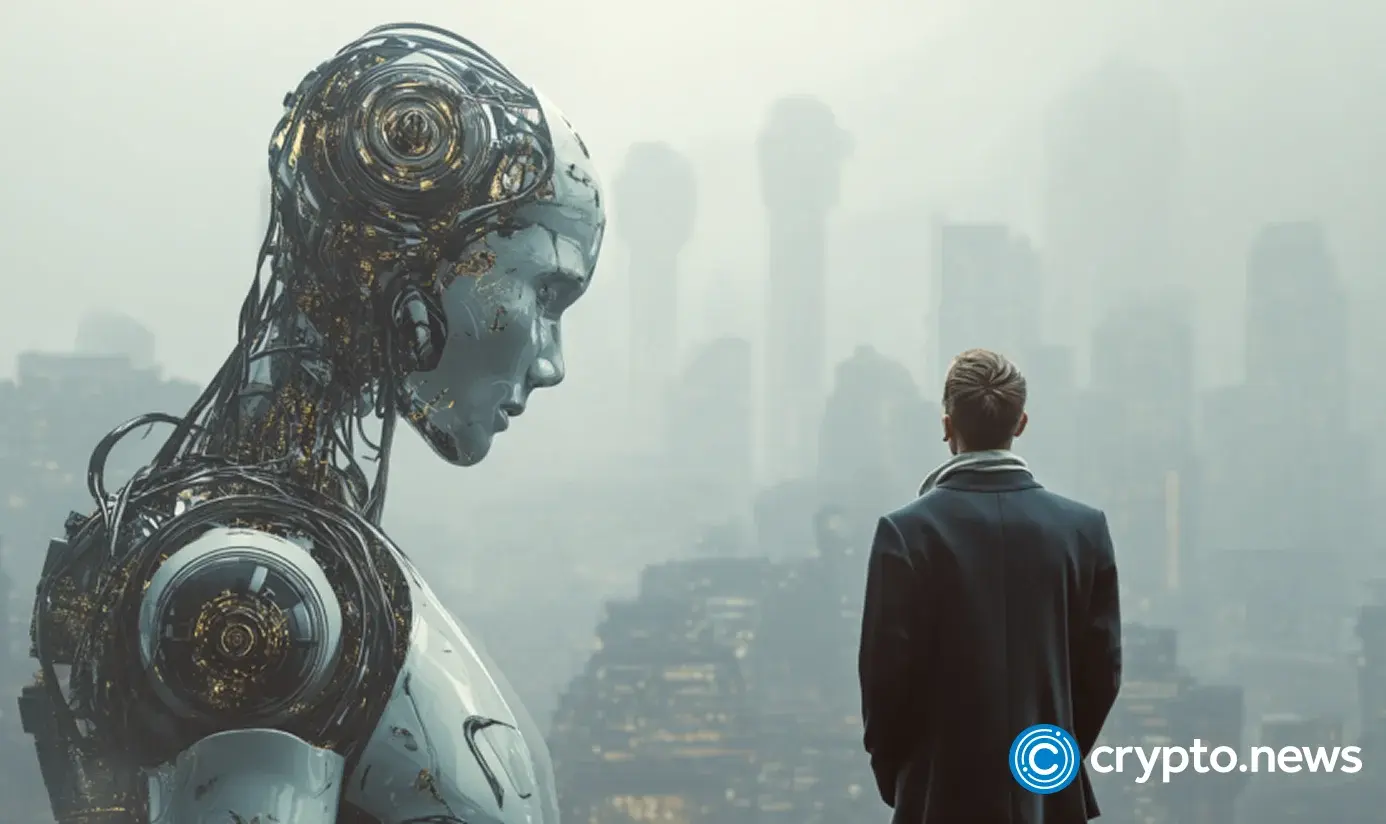AI Won’t Replace You—But the Rigid Systems We Build Around It Might | Opinion

Humanity's greatest threat isn't artificial intelligence—it's the bureaucratic nightmares we're constructing to contain it.
The Compliance Trap
Corporations layer AI with so many guardrails and approval processes that innovation suffocates. Teams spend more time navigating internal red tape than actually building transformative technology.
Finance's Favorite Toy
Wall Street embraced AI for one reason: cutting costs. They'll automate everything except executive bonuses—those remain stubbornly human-determined. Banks deploy algorithms that optimize for shareholder value while pretending to care about customer experience.
The Flexibility Gap
Rigid systems assume perfect data and predictable outcomes. Reality delivers messy variables and black swan events. When your AI can't handle a market crash or regulatory shift, you're left with expensive infrastructure and zero adaptability.
Break the mold before the mold breaks you.
The future of work: context
This is where the conversation around the “future of work” often misses the point. It tends to swing between utopian promises of AI-enhanced lifestyles and dystopian fears of mass unemployment. But the real story is more grounded, and actually more urgent. It’s about designing systems that enable what I’d like to call human-centered growth: the ability for individuals to develop new skills, shift roles, and contribute meaningfully in evolving environments. Without that, we’re not just risking job displacement. We’re undermining the foundation of a resilient economy.
A recent reflection in the Harvard Gazette warns that if AI suddenly erodes the value of middle-class skills or displaces a significant portion of the workforce, the consequences could be catastrophic — not just economically, but politically and socially. Even well-intentioned policies may struggle to keep pace. Subsidies or tax incentives might soften the blow, but in a hyper-competitive global market, companies unencumbered by legacy labor costs will still outmaneuver those that are. This reality underscores an uncomfortable truth: we can’t policy-proof the future of work. The most durable safeguard isn’t defensive legislation alone — it’s designing systems that keep human adaptability at the center, so people can evolve alongside technology rather than be sidelined by it.
Ethical AI isn’t just about safeguards and bias audits. It’s about intention at the systems level. It’s about designing for dignity, not just productivity. When we think about AI as a collaborator instead of a replacement, the focus shifts. Suddenly, the goal isn’t to build machines that can think like us — it’s to build environments where our thinking is expanded, informed, and elevated by the tools we use.
Modular approach
To do that, we need infrastructure that is flexible, adaptive, and regenerative. That means systems that learn from people, not just about them. It means treating human potential as dynamic, not fixed. And it means moving beyond the outdated notion of one-size-fits-all platforms that try to prescribe outcomes from above. In practice, this calls for a modular approach to AI: one that integrates human data across work, learning, and well-being in a secure and user-sovereign way, while offering contextual support tailored to individual goals.
We need to MOVE toward systems that don’t just process data, but sense and respond to the full complexity of human experience. That means nurturing growth, not just tracking it. Purpose-driven intelligence must be designed to guide individuals across life stages, recognizing emotional cues like burnout, disengagement, or the need for reinvention—not as anomalies, but as part of a natural human trajectory.
This is the paradigm shift we should be aiming for: not just using AI to optimize performance, but to accelerate success on human terms.
This isn’t about rejecting progress. It’s about rethinking its direction. Automation is coming. AI will become embedded in nearly every tool and process we use. But the impact it has on society will depend almost entirely on how we choose to apply it. If we continue to treat people as variables to be optimized, we’ll build brittle systems and anxious workforces. If instead we design with the goal of helping people flourish, we’ll unlock a different kind of productivity, one rooted in trust, adaptability, and long-term value.
None of this is theoretical. The world is already changing. Roles are becoming more fluid. And now, skillsets are evolving faster than degrees can signal. People are no longer defined by a single job title or career path, and our — ideally contextual — systems need to start reflecting that.
This next chapter of the digital economy will not be claimed by those who adopt AI with the greatest speed, but by those who harness it with the greatest discernment. It will belong to the builders who recognize that people are not mere inputs to be optimized away, but co-creators in the unfolding evolution of intelligence. AI itself is not our adversary; it is a mirror, reflecting the priorities we encode into the systems that surround it. And it is those systems — not the algorithms alone — that will decide whether we stand empowered in this new era, or find ourselves quietly erased by its momentum.
Sunil RainaSunil Raina is the CEO and founder of CereBree, a cognitive infrastructure platform designed to reshape skills ecosystems — how people and organizations engage with talent, capabilities, and workforce intelligence. With over 17 years of leading digital transformation across Fortune 500 companies, Sunil now focuses on building AI systems that are context-aware, ethically grounded, and designed to enhance — not replace — human decision-making. His work bridges enterprise strategy and agentic AI to create scalable, human-aligned infrastructure for lifelong growth.

